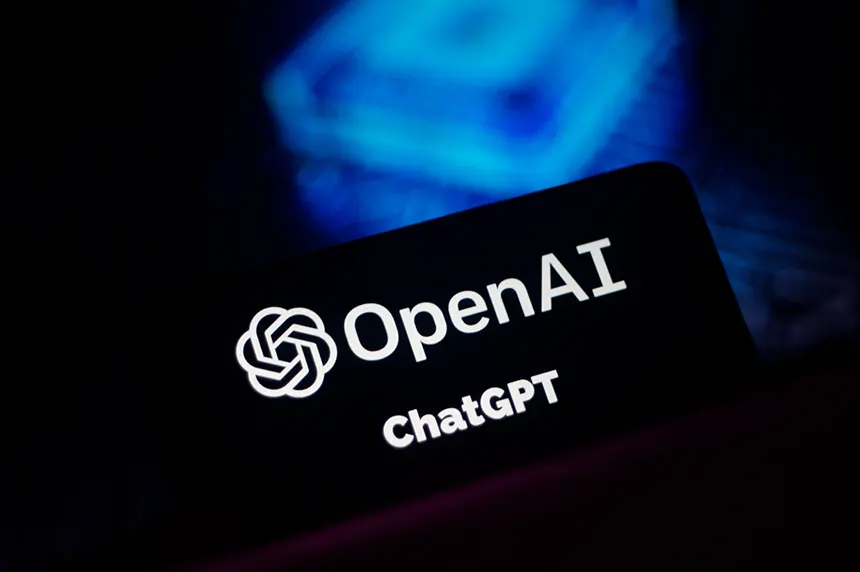OpenAI just unveiled gpt‑oss‑120b and gpt‑oss‑20b, its first open‑weight LLM models since 2019, available under the permissive, open source Apache 2.0 license. Unlike OpenAI’s traditional API‑only releases, this marks a striking shift toward developer flexibility and self‑hosted deployment.
Why GPT‑OSS Changes the Game for Agent Builders
-
Full Ownership & Self‑Hosting: Developers can host the model entirely on hardware they control whether on‑premises, private cloud, or edge devices. This enables full data sovereignty, customizable scaling, and elimination of API rate limits or usage fees.
-
Efficient and Scalable:
-
The gpt‑oss‑20b model can run on systems with 16 GB RAM, ideal for edge deployments and local inference.
-
The larger gpt‑oss‑120b delivers near parity with OpenAI’s o4‑mini in reasoning benchmarks while operating on a single 80 GB GPU.
-
-
Agent‑Ready Architecture: Built for “agentic workflows,” these models support instruction‑following, function/tool calling (such as web search or Python execution), and long-form chain‑of‑thought (CoT) reasoning, all of which makes them well-suited for autonomous chatbots and AI agents.
-
Deep Customization: With open weights and compatibility with open inference frameworks (e.g., Hugging Face Transformers, vLLM, llama.cpp), developers can fine‑tune, adapt, or extend models to meet domain‑specific needs, integrate private datasets, or enforce custom safety policies.
-
Privacy & Data Residency Control: Since model inference happens on infrastructure you manage, no data is shared with OpenAI unless explicitly chosen. This ensures compliance with strict data regulations requiring on‑prem deployment or isolation.
Developer Advantages for Chatbots & AI Agents
-
Low-Latency, Reliable Deployment: Hosting locally or on a private cloud avoids API bottlenecks and enables faster user inference, critical for responsive agents.
-
Cost Predictability: With self-hosted deployment, you pay directly for your compute infrastructure (i.e., not per-token pricing) resulting in more predictable and potentially lower costs at scale.
-
Pretrained for CoT and Tool Use: The models natively support structured function calls and chain-of-thought reasoning, making them well-suited for advanced agentic tasks like task chaining, dynamic tool invocation, and multi-step decision-making.
-
Fine-Tuning & Domain Specialization: Use tools like HuggingFace’s TRL and PEFT libraries to fine-tune gpt‑oss for industry-specific logic, improved performance in languages or tooling workflows, or tighter safety filtering.
-
Safety Insights & Monitorability: Developers gain access to raw CoT outputs, which can be monitored, filtered, or scrubbed before presenting to end-users. While OpenAI ran extensive internal safety tests, verifying gpt‑oss‑120b does not reach “High capability” in sensitive biorisk or cybersecurity scenarios, even adversarially fine-tuned versions fell short of such thresholds. This transparency supports deeper safety auditing and custom guardrail logic.
-
No API Constraints, No Vendor Lock‑In: There’s no reliance on OpenAI’s API endpoints. You’re free to evolve infrastructure, tooling, or deployment stacks as needed.
Summary Table: Private Hosting Benefits for Chatbot Developers
| Benefit | Why It Matters for Chatbot & Agent Builders |
|---|---|
| Control & Compliance | Full data sovereignty and GDPR‑style control by hosting privately. |
| Low cost & Latency | Avoids usage billing and latency of API services and allows tuning for performance. |
| Fine-Grained Tuning | Customize behavior via open weights and frameworks like PEFT or LoRA. |
| Tooling & Reasoning Ready | Supports CoT and tool-calling workflows out of the box. |
| Safety Flexibility | Developers can implement custom monitoring, filters, or policy layers. |
| Platform Independence | Run on your infrastructure, with no forced upgrades or vendor lock‑in. |
For AI developers building private chatbots and agents, the GPT‑OSS suite represents a turning point. You now have OpenAI-grade reasoning power, complete control over infrastructure and data, and flexible customization, all without API constraints, in a package built for private deployment and agentic applications.
How to Get Started
-
Access and download model weights (gpt‑oss‑120b / 20b) via Hugging Face.
-
Use open inference runtimes such as vLLM, Ollama, or llama.cpp for deployment.
-
Leverage Hugging Face tools (TRL, PEFT) to fine‑tune for your domain.
-
Consult OpenAI’s gpt‑oss model card and safety paper for best practices and risk assessments.
OpenAI’s move toward open-weight releases democratizes access, spurring innovation while giving developers robust tools to build safe, private, and scalable AI agents. For the devcontentops.io audience, that means real-world utility: agent frameworks that run on your rules, on your hardware, with your data.

 Sarah Miller
Sarah Miller




